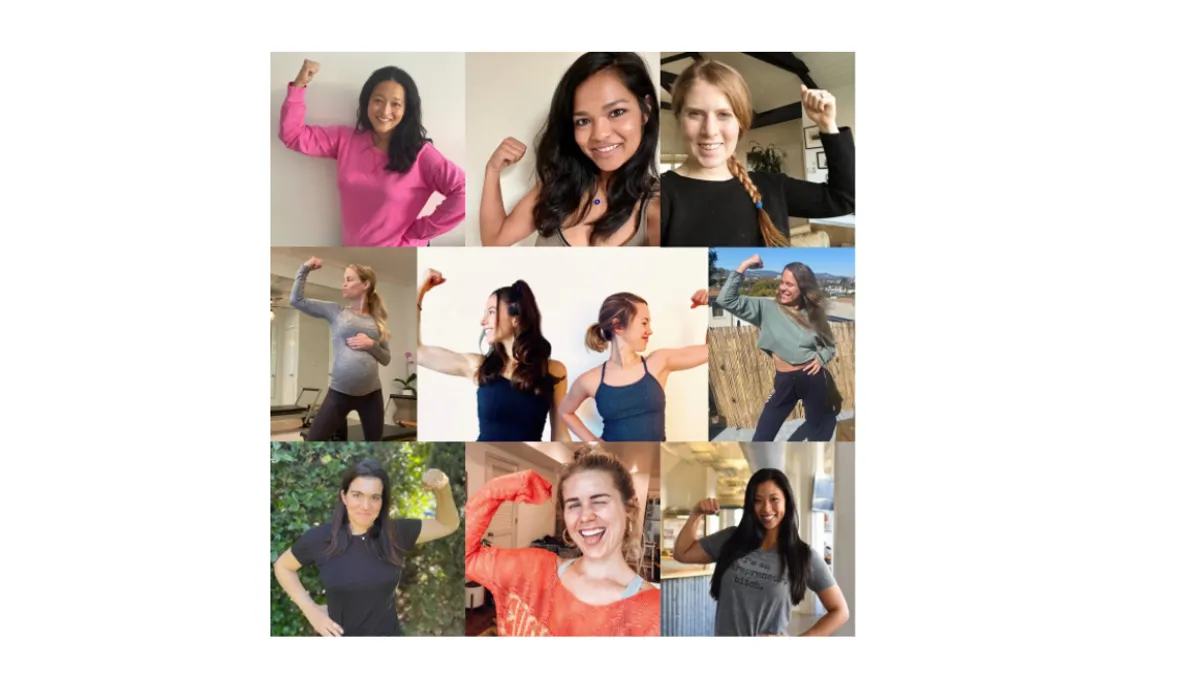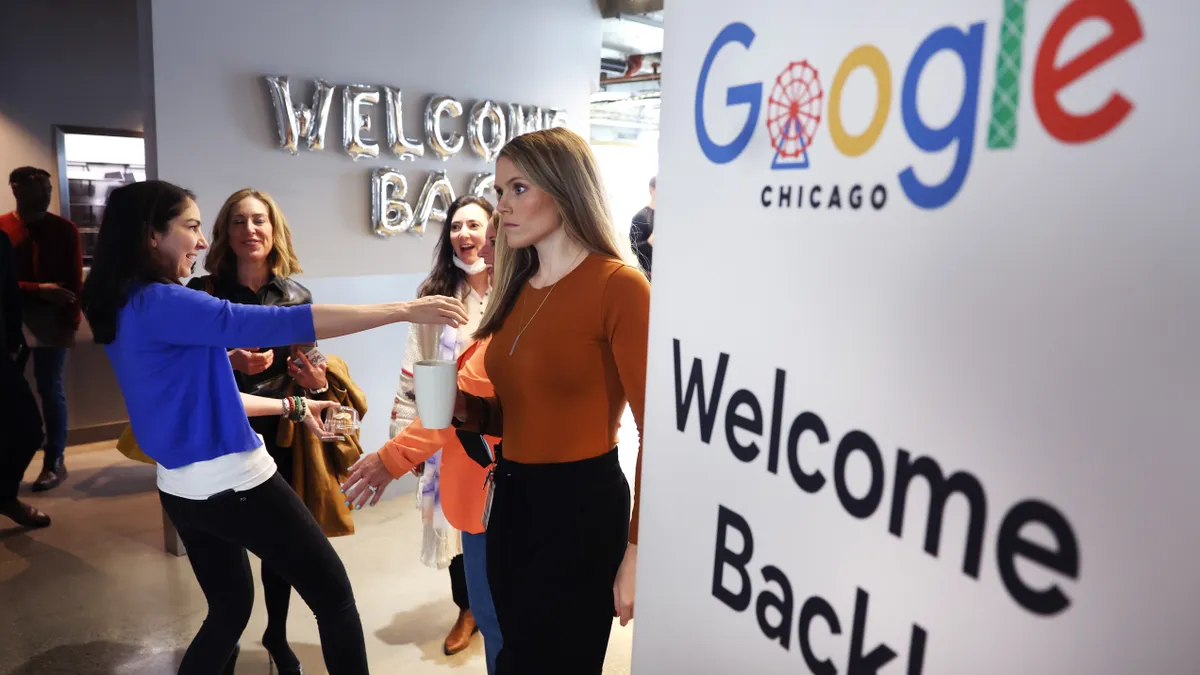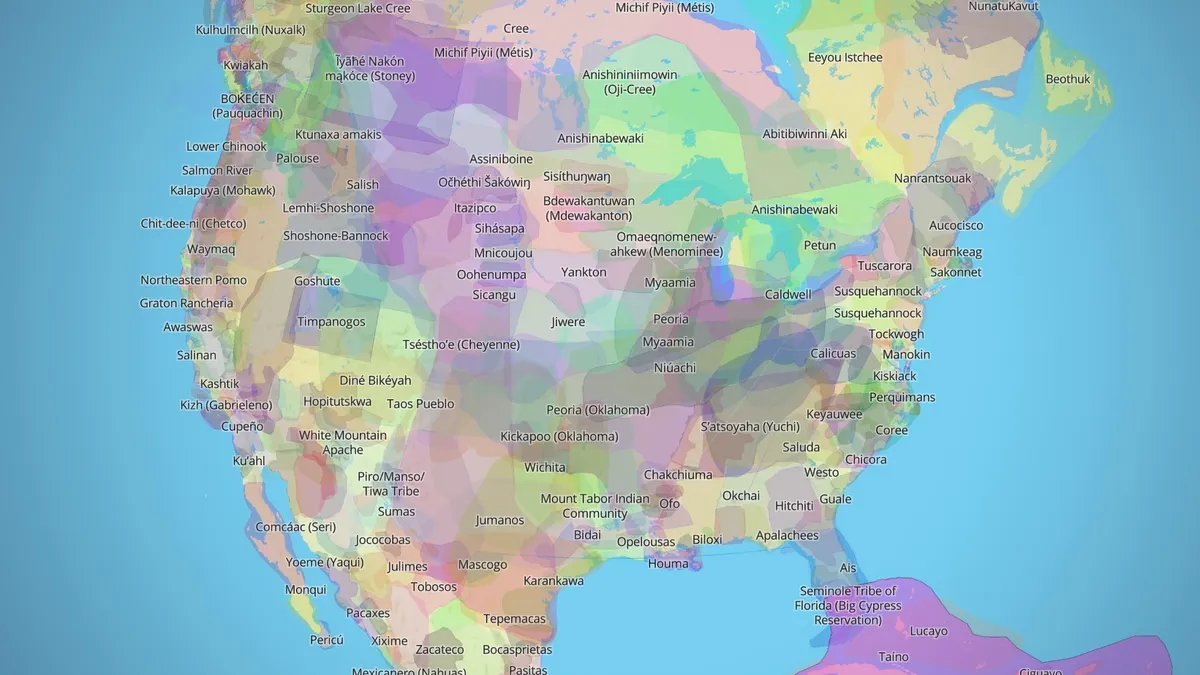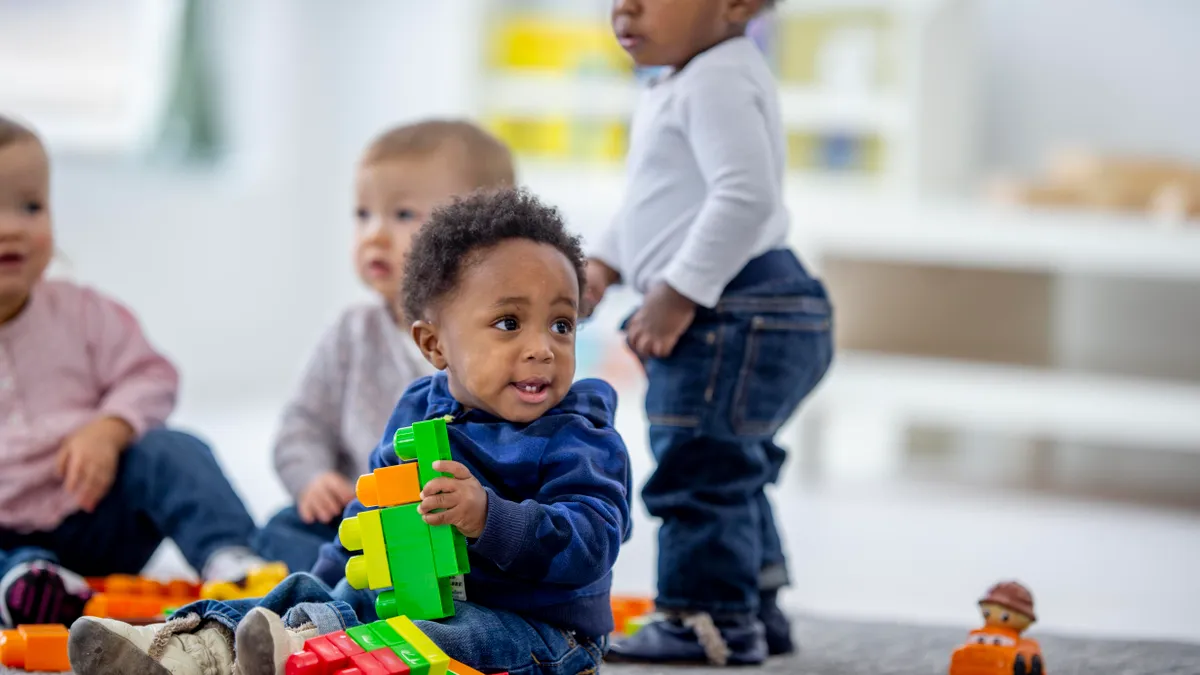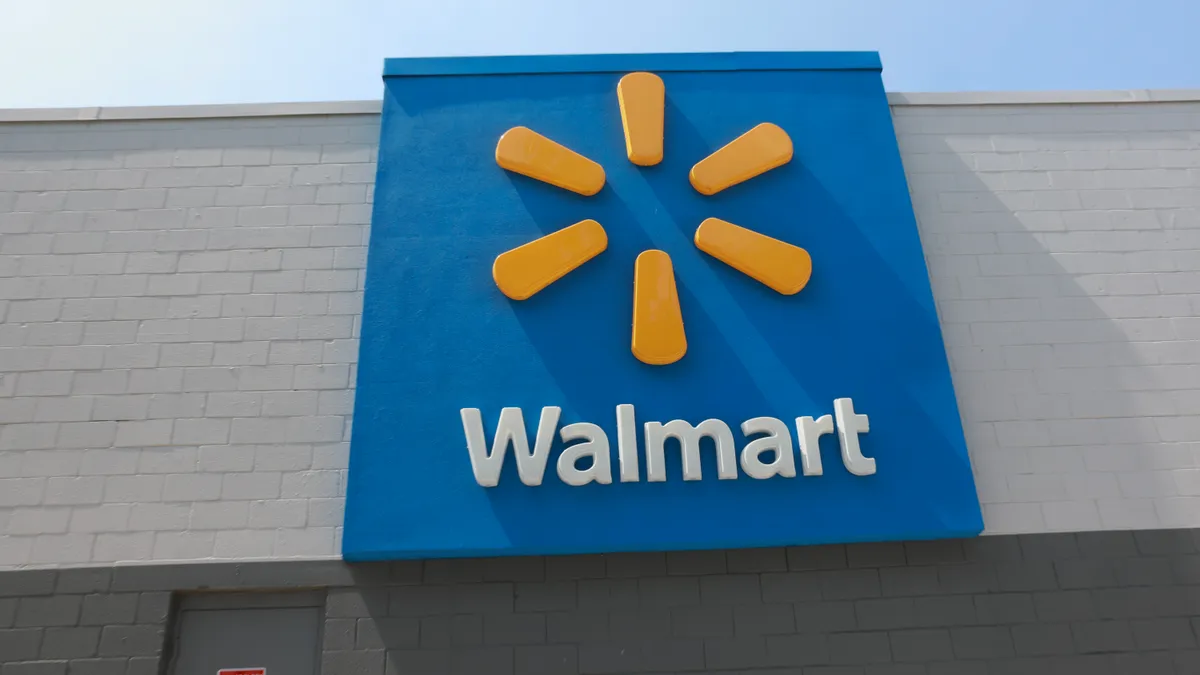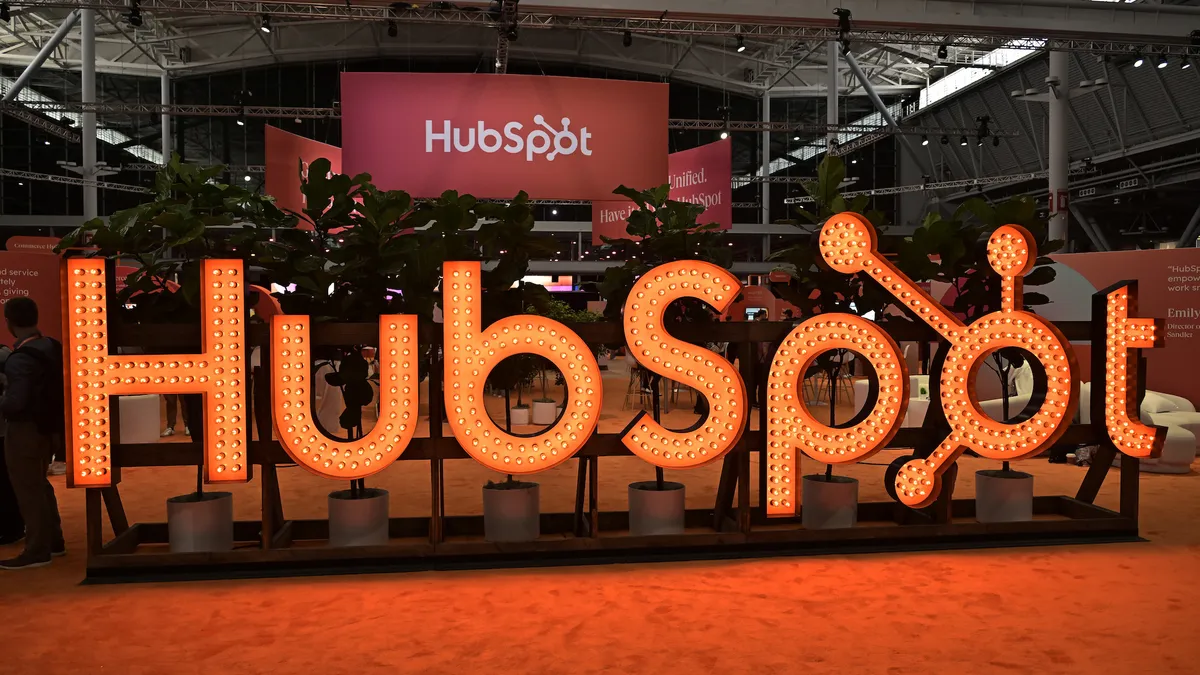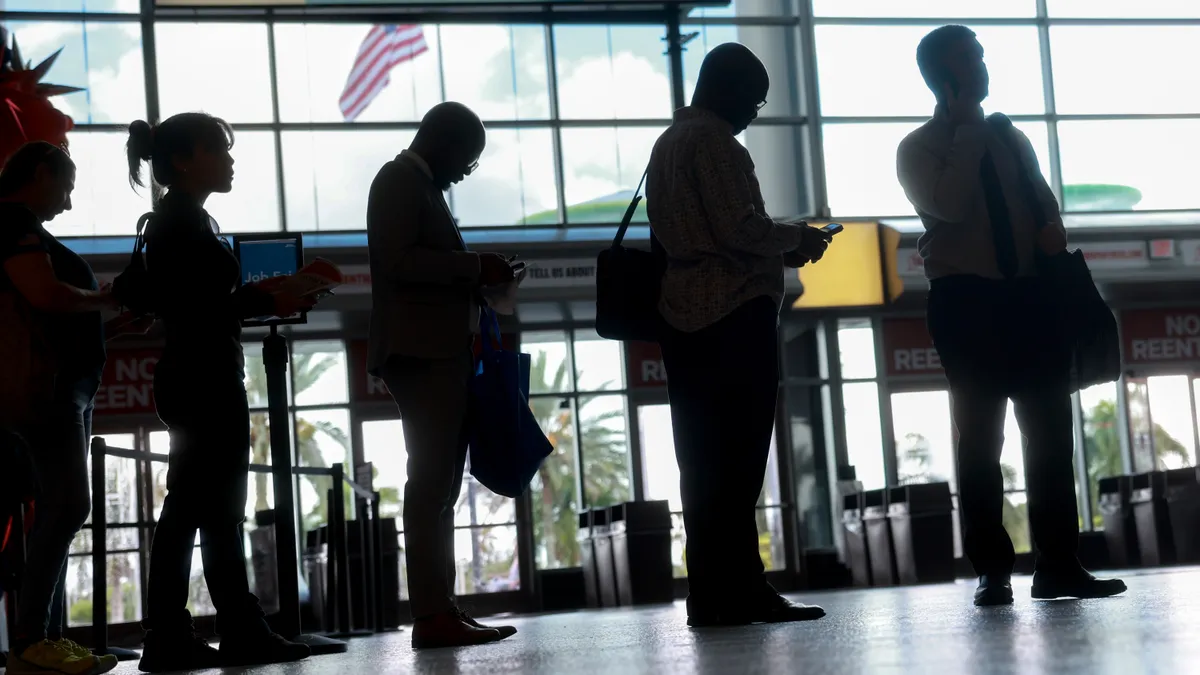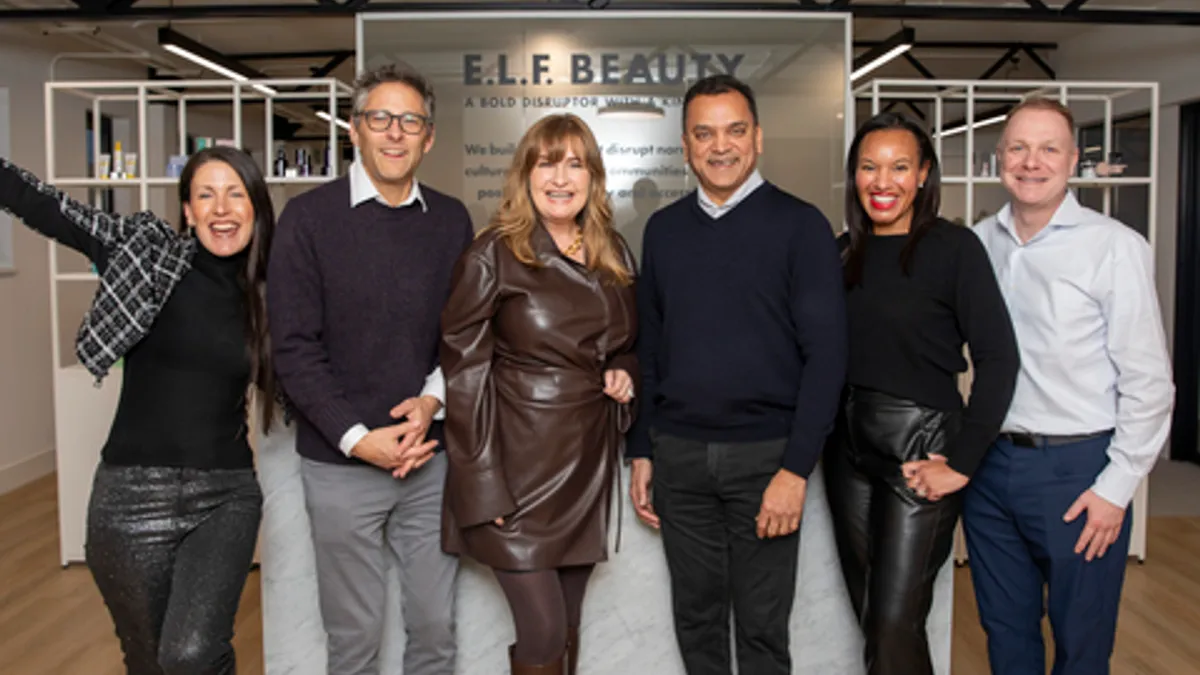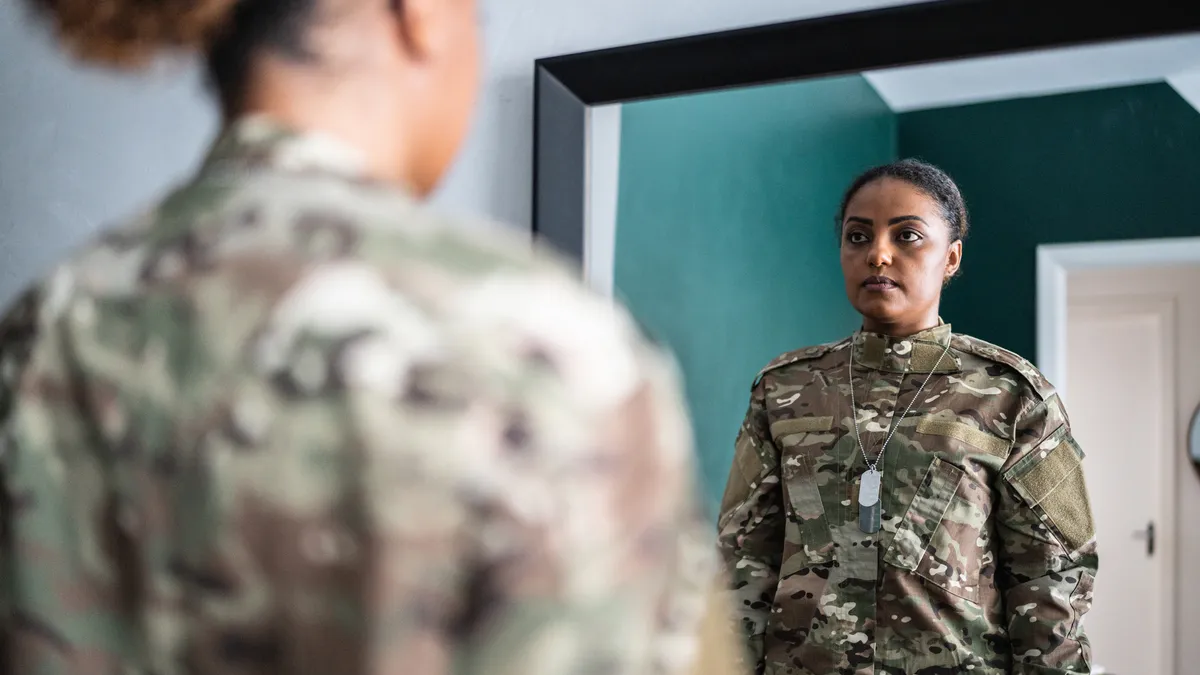Female leadership in the food and beverage industry is unsustainably low. According to a study by McKinsey & Co. and LeanIn.org, only about one in five C-suite executives are female, and this figure is even slimmer for women of color.
To continue a conversation about the need for equal treatment of women, Girl Up, a United Nations Foundation initiative focused on gender equality, has partnered with Nigel Barker and a group of nine female startup founders to launch the #HungryforEquality social media campaign.
The campaign launched on International Women's Day and runs throughout March — Women's History Month. It is being driven by female-founded CPG startups including Tea Drops, Partake Foods, Kween Granola Butter, Pop & Bottle, Siren Snacks, GoNanas, Repurpose, Naturally Clean Eats, Pulp Pantry and Gr8nola.
To find out more about the perspectives of these startup owners, Food Dive spoke to three of the group about their experiences raising money, staying motivated and pushing forward during the pandemic. They include Denise Woodward, founder of allergy-friendly cookie company Partake Foods; Erica Liu Williams, creator of clean-label granola company Gr8nola; and Elizabeth Ann Giannuzzi, co-founder of plant-based Siren Snacks.
Editor's note: This interview has been edited for brevity and clarity.
FOOD DIVE: Talk about the #HungryforEquality initiative. What were the motivations behind it?
ERICA LIU WILLIAMS: From a personal journey, I've never seen [female] role models or family members being entrepreneurial, being super career-driven. All of my uncles, my dad were all small business owners or entrepreneurs, and every single woman in the household tended to the home. … It really made me driven to be career-oriented, and look at my career path as paving the future for myself. So that's something that speaks to me from being Chinese American in a first, second generation household.
Partnering with Girl Up and being able to not just have a percentage of proceeds of a product go back to the UN Foundation that supports global gender equality, but actually take five teen girls under my wing to show them what it is like to be an entrepreneur and build a product from scratch, has been so rewarding because I never really got that. I think it's a responsibility for us all to be a role model for the future generations.
DENISE WOODWARD: I've seen firsthand the example entrepreneurship can create for a young child. My company came out of a need I saw with my daughter in terms of not being able to find things that she can eat that were fit for her because of her multiple food allergies that really satisfied our family's needs.
I came from the corporate venture arm of Coca-Cola, so I thought there could be some financial rewards. We're helping my daughter, we're helping other families like ours. What I didn't realize was how many other people were underrepresented, underfunded, underestimated — particularly women and people of color. My favorite thing about the business thus far has been the positive social impact we can have through mentorship. Representation matters and showing young girls that someone who looks like them, who doesn't have a silver spoon or some sort of entrepreneurial history can actually have success, and then help pave the way for other people.
ELIZABETH ANN GIANNUZZI: Growing up I actually went to an all-girls high school that ... did a great job of promoting and showing examples of women in leadership positions, women entrepreneurs and founders. In college and beyond, those role models and examples that I was surrounded by definitely dropped off. I've been really fortunate from meeting so many great women over the last few years since launching Siren who really supported each other and have done a lot to raise awareness for each other's brands.
FOOD DIVE: What's a moment when you felt you were being treated differently or unfairly as a woman or as a woman of color?
GIANNUZZI: I would say the majority of [Siren Snacks'] sales come from grocery and retail accounts. ... There's typically a buyer or a gatekeeper who makes the decisions on what goes in [stores]. We quickly found it wasn't a coincidence that whenever I was pitching to a female buyer, I always had a better chance of hearing the "Yes." I think our brand and products tend to be more feminine and more designed with women in mind, and female decision-makers resonate more and understand us more than men. We make protein products that [men] just [say], "You know that that protein amount is a little low for what I would consider a protein bar." They don't get the branding and certain things about us.
WOODWARD: I feel like I would be in pitch competitions or pitching to groups of angel investors, and oftentimes the men would get questions like "How would you handle all this growth?" … It felt like all of the questions that were directed at me were negative and about how I would overcome obstacles, whereas it felt like for the men, it was, "How do you manage all the success that's gonna come your way?"
GIANNUZZI: I definitely agree. From pitch competitions too I found my sort of default answer is to be always cautiously optimistic, but I don't like to over-inflate our projections and growth trajectory. I like to try to be based on the facts. But I have found that from standing on the stage next to [men] ... oftentimes they are more confident in making big, bold assumptions on where they're going. Oftentimes I think women have a tendency to try to be more realistic and cautious.
LIU WILLIAMS: I haven't raised any money so I haven't experienced that firsthand. Obviously we know the stats are not favorable for women. Because I launched my business [in] foodservice — which I think is very different from retail — it is just very interesting because my experience around who I'm selling into and who the buyers are literally like an old boys' club. It's all white men basically, and that was just … such an anomaly, because there's no gender diversity, there's no ethnic diversity. Even with my packaging, I've had comments because it was purple, where people have asked, "Oh, do you see this being tailored to women because it's purple?" But at the end of the day, most household products are purchased by women so there's just some dissonance as far as the people in the room and the people I'd have to network with, and just their understanding of who ultimately we're marketing to, and often it is women.
FOOD DIVE: What is the industry sacrificing by not having more voices?
WOODWARD: So many of the companies are started in coastal cities. Don't get me wrong — we're based here in New York — but it's like New York, LA, San Francisco, Boulder. I think because of that, we're missing diversity and ethnic representation that would come from having founders and companies started in other parts of the country by people with different experiences and would better serve those communities. I feel oftentimes like people who don't look like the people or have the same shared experiences as the people who will be eating the product make the decisions about what we're putting in our body, and they aren't always products or companies that resonate from a taste perspective, from a nutritional perspective, from a marketing food brand perspective in any way.
FOOD DIVE: What do you consider the most challenging piece of leading a startup?
GIANNUZZI: The challenge is, especially in COVID times when you don't have events or investor meet-ups … you have to rely on your network of people you've met in the past, the people you've been introduced to [to] connect with investors. If you're starting out without a huge network of people, it's extremely challenging to even get the meeting set up. I find that fundraising is very much work-driven, and it's a lot about having this hockey stick growth and momentum that investors want to see, which is unfortunate. The path of more sustainable, profitable growth tends to be oftentimes not necessarily what investors are looking for, so at times I feel pulled in different directions.
LIU WILLIAMS: One of the biggest challenges has been fear of taking the next step. From a personal journey, it has just been confidence. I moonlit this business for the first four and a half years, and it wasn't like I had these metrics that were going to indicate whether or not I was going to go full time. It was just, "Can I do this?" I think the biggest limiting factor is just how I've seen myself as a woman, as an Asian woman, and never seen myself being an entrepreneur.
WOODWARD: Coming from Coca-Cola, I had the opportunity there to work on their trademark business but then also in their venture arm, which at the time I felt was really entrepreneurial — until I became an entrepreneur and realized they have loads more resources than we have as a startup founder. ... It is an emotionally taxing, personally difficult journey to start a business, to raise money, to hire people, to be constantly told "no," to figure out every single aspect of a business.
We launched in August of 2017. Until January of 2020, if you emailed [email protected], you got me. I think that's a function also of the pace at which we raised money, which was not very quickly in the earliest days. It really forced me to learn multiple parts of the business.
GIANNUZZI: In the very early days, when I was making the product myself with my co-founder, the biggest challenge was it was really physically taxing to be rolling the dough and cutting it and then driving and delivering it. And then phase two was we had some team members, but you have to manage them, hire the right people. I always think once we get to this next stage … once we [hit a goal] it will all be easier. The problems and challenges are new and different at each stage.
FOOD DIVE: How much of your time does running a business take up? What does a typical day look like?
WOODWARD: I'm up at 4:45 every day and working throughout the day until I go to sleep, which actually doesn't really sound good from a self-care perspective. The business takes up all of my time. I work seven days a week. I can't think of a day that I've taken off since we started this business. If we've been on vacation or out of town, it just means I have to wake up earlier and stay up later than everybody else to get to work.
GIANNUZZI: Pre COVID I felt like I was getting on an airplane traveling every other week to do a show, or even just the idea that I would fly across the country for a 30-minute meeting is crazy. But I used to do that type of thing all the time. I feel like I'm still working just as much, but maybe it's a little bit less draining in the fact that I don't have all the travel. I used to probably spend each weekend doing a demo as well. So while demos are on hold, I feel like maybe I've gotten a little bit of my weekend back. It's definitely still challenging to turn off at the end of the day because there's always work to do.
LIU WILLIAMS: A lot of times it just feels like you're just grinding stuff out, just checking things off the list. You're just like, "Why am I doing this?" But there's no one else to do it. I will say that one of the things I had always established even when … leaving my corporate career to pursue this full time, is I did always create a rhythm with the weekends. I don't take weekends off, but I might take a break earlier in the day, I might sleep in a little bit later. I might hang up things a little bit earlier in the day. I do remember around the holidays, I took like a full day off and I felt really guilty about it. It was like the day after Christmas or something. You have to have rhythms. You have to have resets. I used to be an athlete and you can't just keep training, training, training without taking a recovery day. I do try to break the rhythm into my weekends with a different schedule, but it's constant.
FOOD DIVE: What motivates you as a business owner?
GIANNUZZI: The feeling of progress is so rewarding, and whether it's something small like we launched a new flavor or we've got into this new store, I think all founders sort of crave that feeling of continuing to move upward and grow your business. All of us are … passionate about the products we're creating and wanting to touch as many people as we can by offering them the better-for-you options. That's kind of what drives me is the feeling that when people are buying our product, the hope is that they're swapping out something that maybe was a little bit less healthy for a better-for-you option as well.
WOODWARD: I literally started the company for my daughter. So keeping that in mind that literally often her after-school snack includes a Partake cookie and that she's eating our waffles for breakfast, if I didn't make this waffle mix there would be no other safe option for her or kids like her who have multiple food allergies on the market. That personal nature definitely keeps me going.
There's this pressure also to do well because people are watching and you want to be a positive representation for other women and for other young girls and for other people of color, which is more of a self-imposed pressure definitely than anything, but definitely something that I feel.
FOOD DIVE: What are you seeing in terms of knowledge gaps among the next generation of female-owned startups?
WOODWARD: From a mentorship perspective we have a series on our Instagram called Mentor Mondays where we mentor a different person of color, a woman of color in the consumer space, every week. Knowledge gaps of a person depends on what their background was, and so it's everything from sales to manufacturing. The other gap is just this imposter syndrome that I think lots of women often carry — myself included — with them.
LIU WILLIAMS: When I started, I had no industry experience in food. I was a first-time entrepreneur. I literally had no idea what to do, from finding a commercial kitchen to how to sell. All of the most basic rudimentary first steps are just not super accessible on Yelp or on Google if you wanted to just research. [You] have to network and ask other people who have done it before.
I do get people who are assuming they have to raise money to start a company or actually get production going. And I would say that that's something that could be helping me, which is how do you do something really scrappily without thinking that you have to go raise a bunch of money in order to hit a minimum production run or in order to outsource production right away? What's the quickest way to just test if you have a good product and a couple $1,000?
GIANNUZZI: I still remember when Siren was getting started and I had not even real packaging and just mock up stickers and stuff. I would reach out to women who are ahead of me and I still remember the people who gave me 30 minutes to chat and just give me advice and how valuable that was. At the same time I remember I would also reach out to some people who basically were like, "Talk to me when you're in stores and you know I'll help then," or like "Sorry, I'm too busy right now." I always try to think of those examples and times I went through, and for people just getting started, I try to make myself available.
FOOD DIVE: How well is the food and beverage industry doing in growing its diversity?
WOODWARD: It really varies company by company. I was really happy to see statements that Mondelez and PepsiCo made in 2020 around very quantifiable metrics they have in place in terms of increasing diversity. Oftentimes [companies] will come out with really fluffy statements, and there's no action behind them.
In terms of big CPG, the change is not happening as quickly as I would like to see and that's one of the reasons we started our fellowship program. I think I was the only black woman in many, many rooms that I sat in. While we're a teeny tiny company, I think companies like ours taking a stance and trying to take some action will hopefully lead companies to do the same. So over time, we'll continue to do more to change that, but I think there's a long long way to go.




